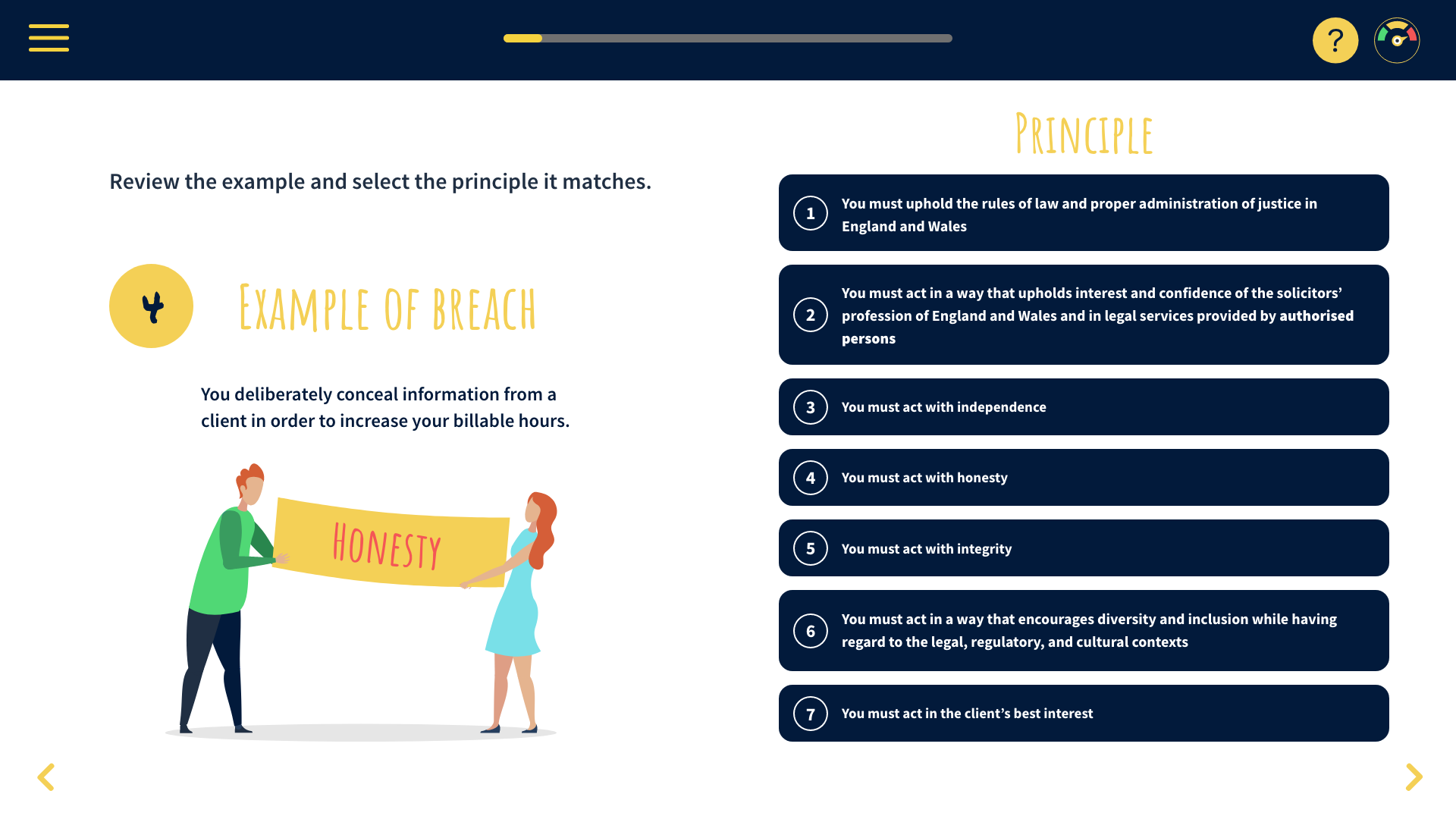The Legal Services Board (LSB) has granted all the amendments to the Standards and Regulations proposed by the Solicitor’s Regulation Authority (SRA). The new set of rules which will replace the current SRA Handbook are set to come into force on 25 November 2019.
The main changes to the previous draft Standards and Regulations concern the expectations of a COLP or COFA when disclosing a serious breach in a law firm. The changes mean that the ability to report a breach will be much earlier than currently set out in the SRA Handbook.
In the SRA Code of Conduct for Solicitors, RELs and RFLs, together with the Code of Conduct for Firms, there is a clear requirement for authorised persons to report to the SRA any facts or matters they reasonable believe are capable of amounting to a serious breach of regulatory arrangements by any regulated person.
In light of this, the SRA has added a new element to encourage reporting by prohibiting the detrimental treatment of any person reporting or proposing to report or inform the SRA of their reasonable belief of a serious breach, irrespective of whether or not the SRA subsequently takes action.
The new focus of the SRA Standards and Regulations are on each legal professional being able to justify their actions in all work that they carry out. For many legal professionals, including partners, managers, solicitors and support staff, this will require a significant change in approach. Legal professionals often only consider their professional obligations when a conflict of interest arises. However, the new SRA Standards and Regulations emphasise that legal professionals must be able to demonstrate compliance at all times.
VinciWorks to release four SRA Standards and Regulations courses

VinciWorks will soon be releasing a suite of SRA Standards and Regulations courses to help firms grasp the new SRA standards and regulations. The four courses are:
SRA: Standards and Regulations
This course is for all staff. It dynamically creates a personalised learning experience based on an individual’s role in a law firm. This ensures everyone taking the course will learn what they need to know, and not waste time reviewing areas irrelevant to their practice.
SRA Accounts Rules Advanced
Accounts staff have an obligation to ensure they are compliant with the sections of the SRA Standards and Regulations that are relevant to their role, primarily the accounts rules. This course uses real-life examples of SRA accounts rules breaches and dynamically creates a relevant learning experience for account’s staff in a law firm.
SRA Compliance Advanced
Owners, Managers and Compliance Officers have an obligation to ensure they are compliant with the sections of the SRA Standards and Regulations that are relevant to their role, primarily those included in the SRA Code of Conduct for Firms. This course includes specially designed scenario questions based on recent judgments taken from various hearings involving the SRA at the Solicitors Disciplinary Tribunal.
SRA: Client Engagement
As a Lawyer in an SRA authorised and regulated firm, you will be involved in various stages of client engagement. There are important checks and processes you should carry out to ensure that you are compliant with your firm’s guidelines and the SRA: Standards and Regulations.
This course contains modules on the following topics related to client engagement:
- Identifying your client
- Conflicts of Interest
- Client Engagement Letter
- Insider Deals
- Matter Progress
- Matter Closure













